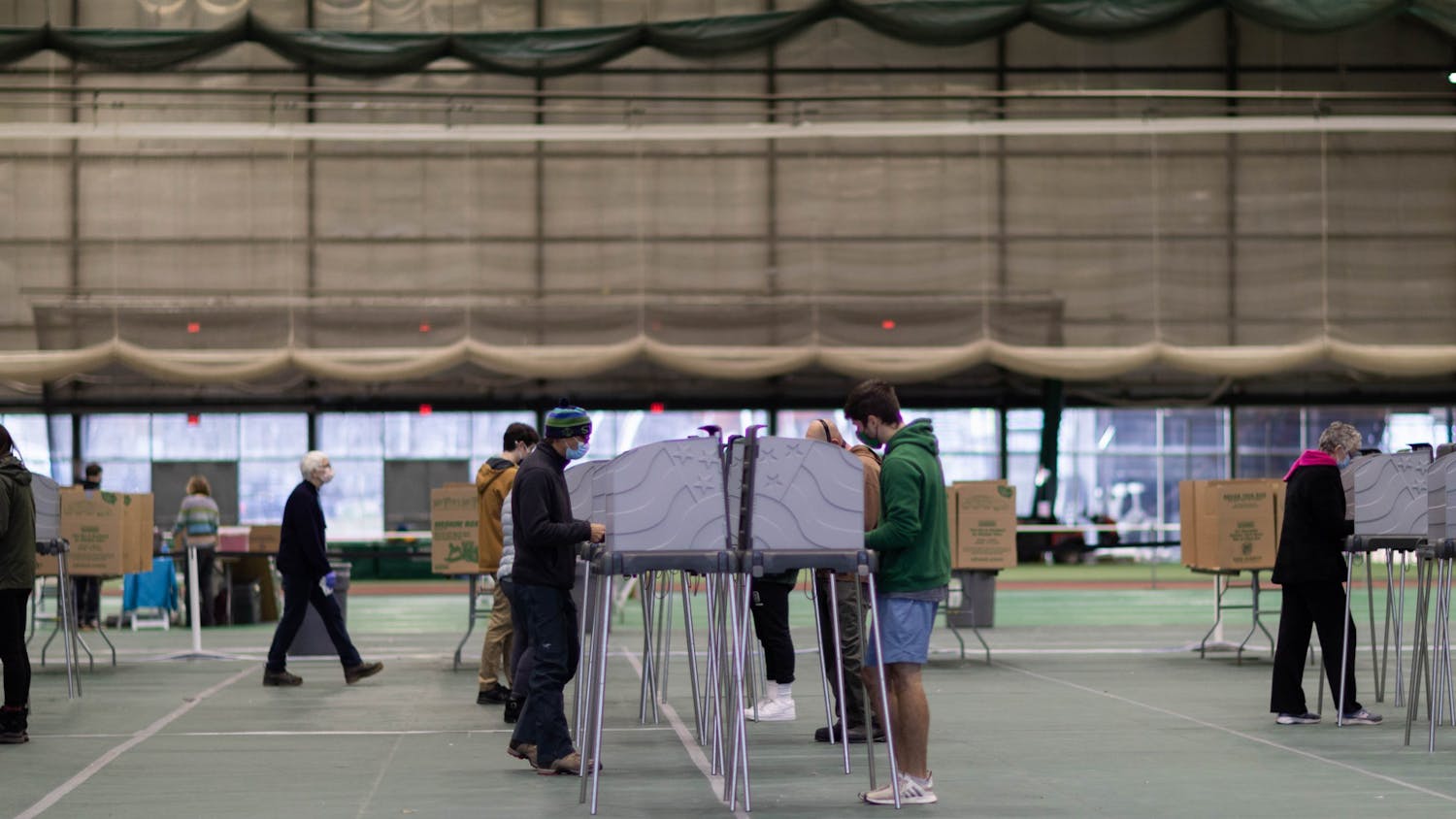Out of the 18 Student Assembly positions up for election this year, only two are actively contested — and both of these are in East Wheelock House. For the other 16 positions, there’s either one candidate running or none, leaving voters with a write-in as their only option. As I’ve written previously, the near-total dearth of electoral competition is a serious threat to the legitimacy of SA. It’s clear that electing senators by house is a key part of this problem. The concept of running elections by house is arbitrary and results in a nonsensical electoral process, with only a handful of contested races and others lacking even a single candidate. Then there is the question of fairness: while houses are randomly sorted and have no unique interests, their differing sizes mean that the principle of “one person, one vote” is blatantly ignored.
It’s time for the election of senators by house to end — a practice which, by the way, only began in 2016, following the advent of the house system. Based on the Student Assembly’s website, what came before seems far worse, with the assembly varying in size and power at the whims of the SA President. To its credit, our current election system is organized and easy-to-understand — there are four representatives from each house, one for each class year. Students have a single representative to reach out to with concerns. But despite its merits, this reform has clearly failed to deliver fair and competitive elections.
The 2021 election cycle is not an outlier — SA elections regularly run into the same problems, with candidates concentrated in a few house’s spots and other house elections remaining totally uncompetitive. Last year, there were only three contested Senate elections. In 2019, just one seat was contested, meaning students in other houses and classes were out of luck in getting a real choice. Yes, we have write-ins, but they aren’t a good solution — by the nature of a write-in election, it’s harder to know who candidates are and to evaluate them before voting. And of course, write-ins can also be someone totally random, written in by a few friends. Having real options isn’t just nice; it’s the cornerstone of a real democracy. Without competition, we can’t be sure we’re getting the best candidates — and in the case where nobody runs and someone wins as a write-in, voters are left completely in the dark.
Even if the races were more contested, though, running elections by house would still be unjust. The six houses have dramatically different sizes owing to the arbitrary metric of how many students the house dorms can accommodate; there are 137 upperclassmen beds in North Park compared to 389 in West House. The closest analogue may be the U.S. Senate, in which two senators from each state are elected regardless of their state’s population. But this comparison fails to provide a compelling argument for house-based elections. Unlike states, houses don’t tend to have distinct identities or political interests. We’re all just randomly sorted upon arrival into groups that represent nothing more than the location of your dorm for the next four years. Arguably, the only real difference in the houses are their sizes and locations — which again, are based on whatever organizational decisions the College made when it implemented the house plan in 2016.
“One person, one vote” is essential to our modern conception of democracy — for every legislature in the United States other than the Senate, the Constitution requires equal-population districts, as the Supreme Court has repeatedly reaffirmed. Obviously, as a private body and not a government entity, SA is entitled to do what it sees fit with its elections. But for a group purportedly meant to represent the “voice of students,” it’s a disgrace that some of our votes should count far more than others in electing student representatives.
All of this is not to say that we should personally blame SA for this unfairness — they adopted this new system to align with the College-imposed house plan. Instead, let’s focus on ending the haphazard process of electing students by house. There are many other approaches SA could take in setting up a new election process: For instance, we could elect representatives by class year, and have a few additional spots elected by the whole school, like our elections for SA president and vice president. Other innovations, like ranked choice voting, could also help increase competition and choice. Whatever its final shape, a new electoral system should allow open debate from students across campus — instead of randomly boxing important discourse into whatever house happens to have the greatest number of interested candidates.
By itself, an electoral system change wouldn’t totally solve the lack of competition in our elections. We still need more students to run and open up debate on key College issues — as many are currently reluctant to do, perhaps held back by widespread perceptions of SA’s ineffectiveness. SA would also need to publicize a clear explanation of whatever system it ultimately adopted; complicated election procedures may only discourage participation. Nonetheless, a new electoral system would be the perfect chance to push for new candidates and increase outreach for a more diverse set of options. We all want real debate and real choice — but that just won’t be possible as long as we continue to arbitrarily elect students by their houses.



